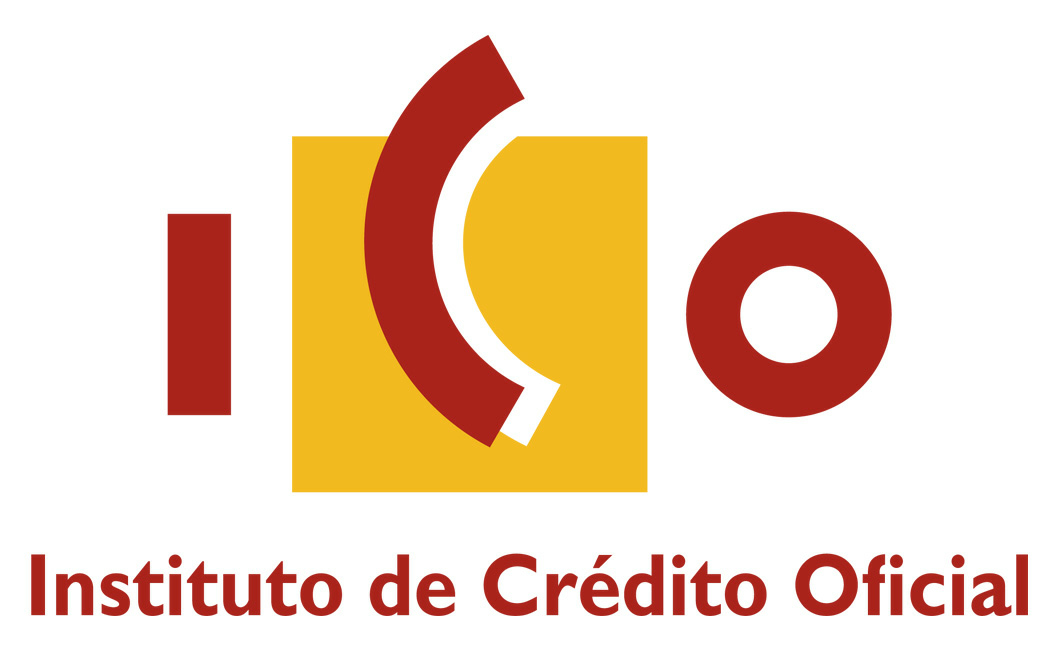Sustainability as an Internal Governance principle
ESG principles govern the corporate social responsibility policy at the domestic level in the ICO's procedures and organisation, from the development of an Integrated Sustainability Report, to the internal policies for measuring the carbon footprint, managing material and human resources, equality or preventing money laundering, among others.
ICO's Integrated Sustainability Report published since 2016 and completely aligned with the SDGs since 2019 (2018 Report), this report has been developed under the principles of transparency, clarity and integrity, in accordance with the criteria of the Global Reporting Intitiative (GRI), an international standard for the communication of the non-financial corporate information. The report, audited by an external verifier, contains financial and non-financial data that allow you to compare and evaluate the environmental, social and governance (ESG) performance of this Institution to different interest groups.
We must emphasise that, in relation to transparency and good governance of public enterprises, ICO occupies the fourth place in Transparency International Spain's ranking(of 45 public companies).
Environmental Sustainablity [SDG12, SDG13]. ICO has an environmental management policy that aims to promote best practices in its relationship with interest groups: both with suppliers, establishing when the subject of the contract allows environmental and social requirements in tenders, as well as with employees, promoting campaigns for the efficient use of resources. 2018 reflected this:
- Paper. 93% recycled. 1.2% decrease in consumption per employee.
- Energy efficiency and savings. Energy intensity decreased 3.9% (Kwh/employee).
- Carbon footprint. Reduction of direct and indirect greenhouse gas emissions, associated with a lower electricity consumption (-19% Tm CO2) and with an optimisation of staff travel (-51% Tm CO2).
- Water Decrease in consumption of 22% per employee.
Environmental sustainability. Clients and operations. ICO Group's environmental commitment requires it to consider the environmental risks of projects as a parameter more than just a variable to be analysed. The adoption of the aforementioned taxonomy will also involve the adaptation of the Institute to adequately measure impact on the sustainability of its asset portfolio and concretely assess the carbon footprint of the funded projects at the climate change level.
Social sustainability and governance [SDG5, SDG8]
- Gender equality (SDG5) ICO ensures the full and effective participation of women and equality of leadership opportunities as a reflection of the its II Equality Plan approved in December 2019. 61% of the workforce is made up of women, with 44% of managers and middle managers being women. The General Council is currently made up of 40% (4 out of 10).
- Work-life balance. ICO is certified as a family responsible company, providing flexible and dignified working conditions (rota flexibility, part-time, continuous, reduced, remote work)
- Best financial practices in various areas, including in the prevention of money laundering.
Financial education. Through the ICO Foundation, ICO Group is involved in developing the financial education of society in general and SMEs in particular, organising conferences, workshops and studies. There is currently a study being carried out to identify the challenges and opportunities that the circular economy offers Spanish SMES.
European Sustainability Consultancy. In collaboration with the European Commission through the SRSS (Structural Reform Support Service), ICO is developing a consultancy to boost the Sustainable Finance Action Plan to comprehensively promote sustainability throughout the organisation, taking the initiatives that ICO is already carrying out into account. This will always be based on the European standards and requirements in the field, aligned with the EU's 2021-2027 Multiannual Financial Framework.


